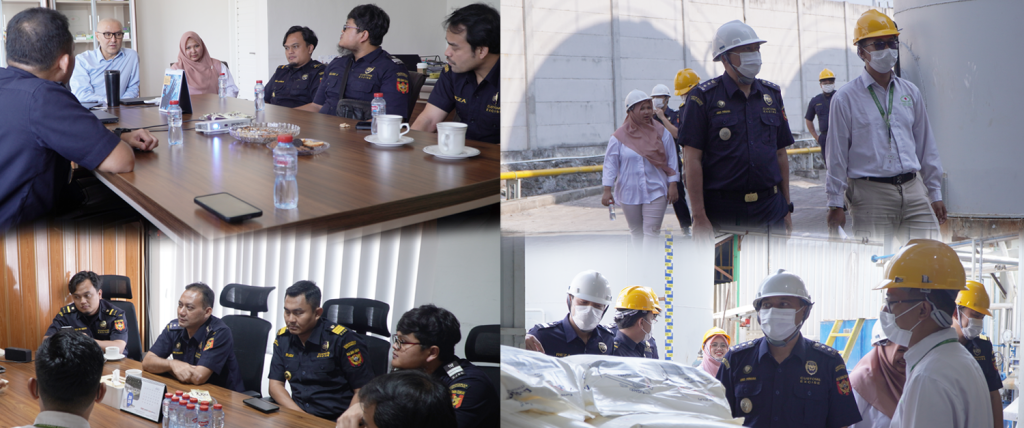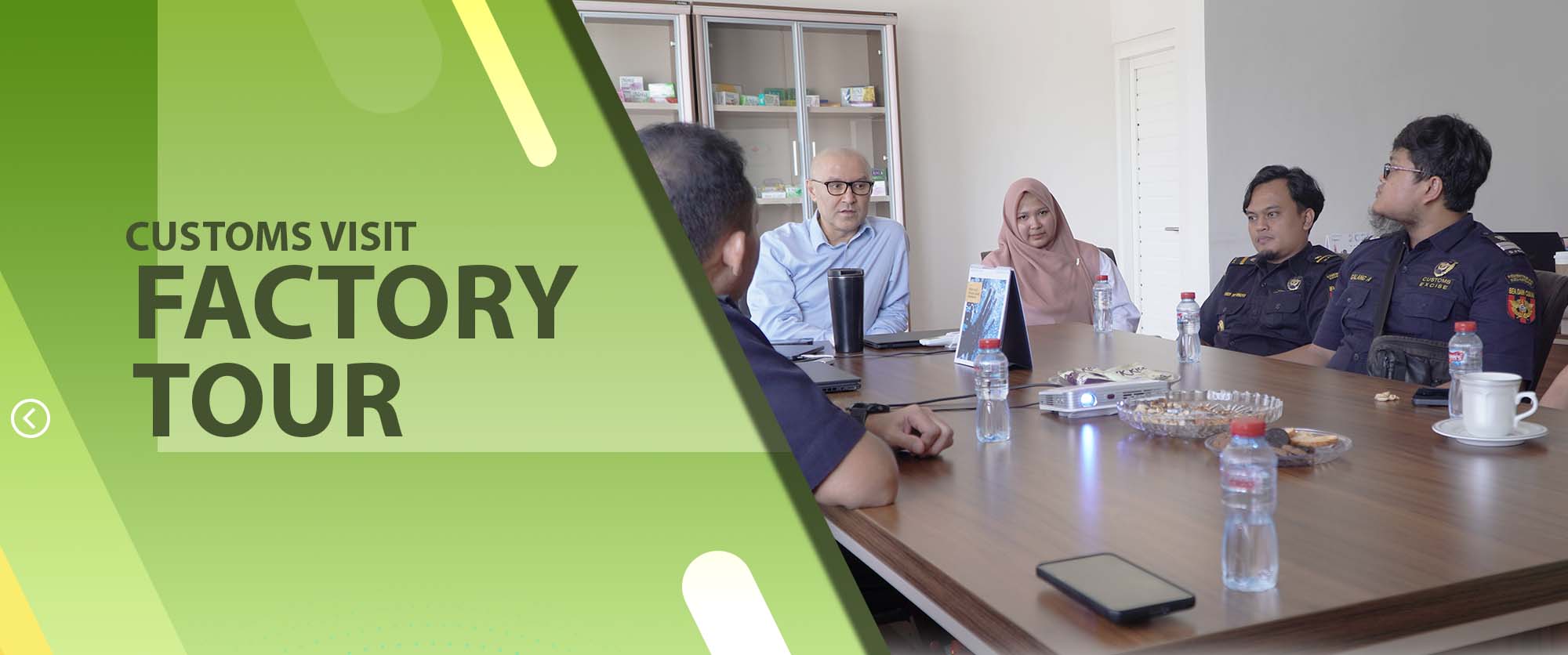In order to fulfill its function as an institution that oversees the flow of goods and the collection of state revenue, the Customs and Excise Supervision and Service Office, specifically under the supervision of the VIII Customs and Excise Supervision and Service Unit, periodically conducts factory visits to companies within its jurisdiction. These activities are not only intended for supervision but also serve as part of the synergy between customs authorities and business actors.
The following are some of the strategic benefits of factory visits by Customs and Excise:
1. Company Compliance Monitoring
Factory visits allow Customs officers to ensure that companies comply with customs and excise laws and regulations. This includes verifying import-export data, raw material use, and facility management such as Bonded Zones or Bonded Warehouses.
2. Evaluation of Facilities and Production Processes
By directly observing the production process, Customs and Excise can evaluate whether the facilities granted to companies—for example, exemptions from import duties or excise—are being utilized as intended. This assessment is crucial to prevent misuse of facilities and serves as a basis for considering whether to grant or revoke facilities in the future.
3. Improved Understanding of Risk Profiles
Field visits also support risk analysis for companies. By directly observing production and distribution activities, officers can identify potential risks of violations, such as under-invoicing, diversion of goods, or excise tax violations.
4. Educational and Preventive Approach
Besides supervision, these visits are also educational in nature. Customs officers provide company management with a direct understanding of applicable regulations and the risks that may arise if violations occur. In this way, companies are expected to better understand the importance of compliance and build a more open relationship with Customs.
5. Building Synergy and Effective Communication
Factory visits strengthen communication between Customs officials and business actors. Through open dialogue during the visits, various technical and administrative challenges faced by companies can be discussed and solutions found. This is crucial for creating a conducive business climate, without compromising on oversight.
6. Supporting Transformation and Digitalization
During the visits, Customs also monitored the implementation of information systems, such as CEISA (Customs-Excise Information System and Automation) and the use of digital technology in reporting. This supports the acceleration of digital transformation in the customs and excise sector, in line with bureaucratic reform policies.
Factory visits by the Customs and Excise Supervision Unit are a crucial tool in ensuring the smooth flow of goods and state finances. Beyond mere oversight, these activities reflect Customs’ efforts to fulfill its role as both industrial assistance and revenue collector, prioritizing integrity, accountability, and excellent service.
Through this humane yet firm approach, it is hoped that the relationship between Customs and the business community can continue to be well-established, supporting healthy and equitable national economic growth.



Comments are closed